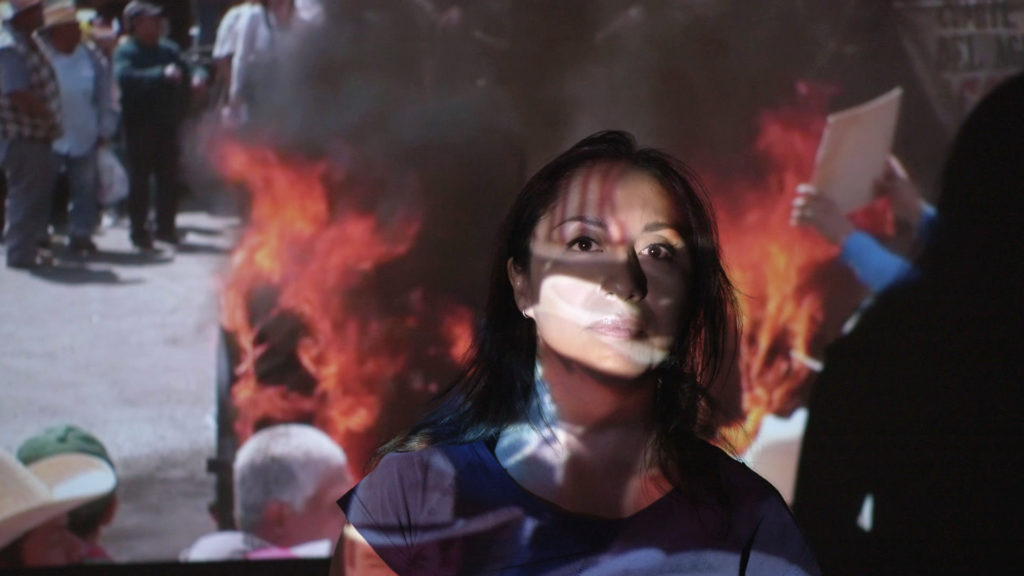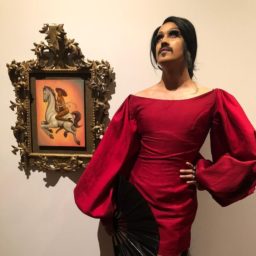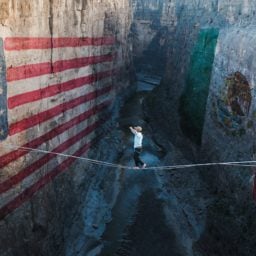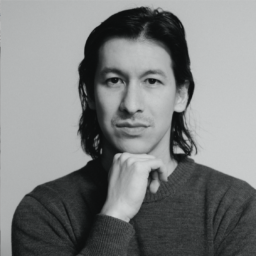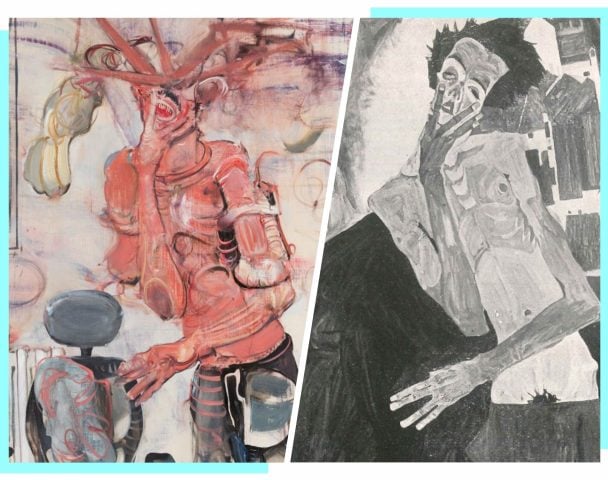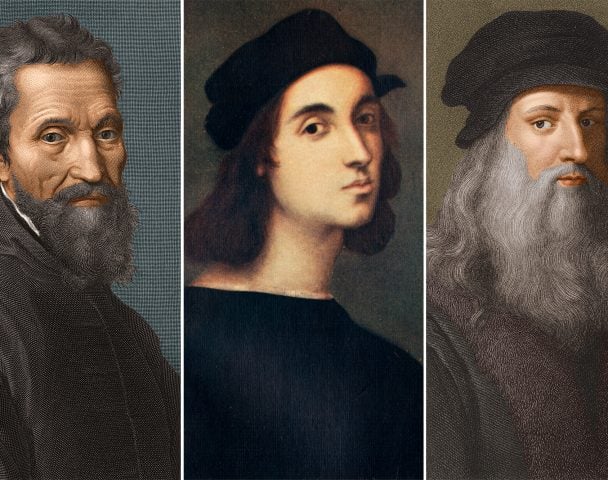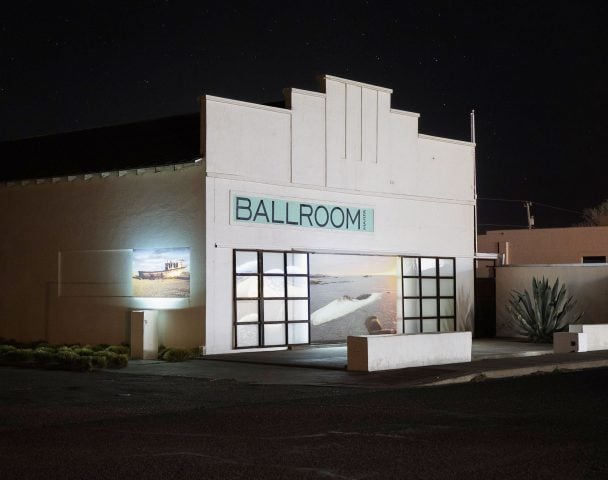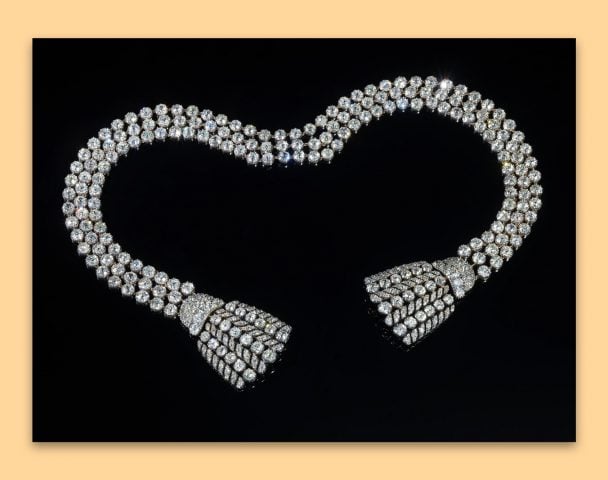How can art create real political and social change? This is the question that the Mexican artist Minerva Cuevas has sought to answer in her decades-long conceptual, socially-engaged art practice, in which she riffs on issues like consumer culture and unfair labor laws.
Through her sculptural installations, paintings, and videos, as well as activist interventions, Cuevas hopes to draw attention to the troubles her country faces in the wake of political upheaval and capitalist excess. This fall, Cuevas’s first solo exhibition in New York City debuts at the Mishkin Gallery at Baruch College. The show, titled “Disidencia (Dissent),” features eight installations and video projections on view through November 1.
In an exclusive interview as part of Art21’s series “Art in the Twenty-First Century,” Cuevas begins with the statement, “we are in a general crisis.” The “we,” of course, is Mexico, where she was born in 1975 and has lived and worked ever since. Cuevas’s art is inextricably linked to the country.
Speaking to Art21, Cuevas describes the organization she founded, Mejor Vida Corp/Better Life Corporation, which blurbs the line between social service and art, as “probably my most important work.” The project began with “symbolic actions” in which she altered the barcodes on products in the grocery store to change the price of food, or on a student ID card. These interventions gave rise to organized protests and art actions, which she documents. Her work comprises what she calls “mini-sabotages.” “It created this sense of freedom,” she says. “It’s finding the gap in the bureaucratic process.”
This is an installment of “Art on Video,” a collaboration between artnet News and Art21 that brings you clips of newsmaking artists. A new season of the nonprofit Art21’s flagship Art in the Twenty-First Century television is available now on PBS. Watch full episodes and learn about the organization’s education programs at Art21.org.
